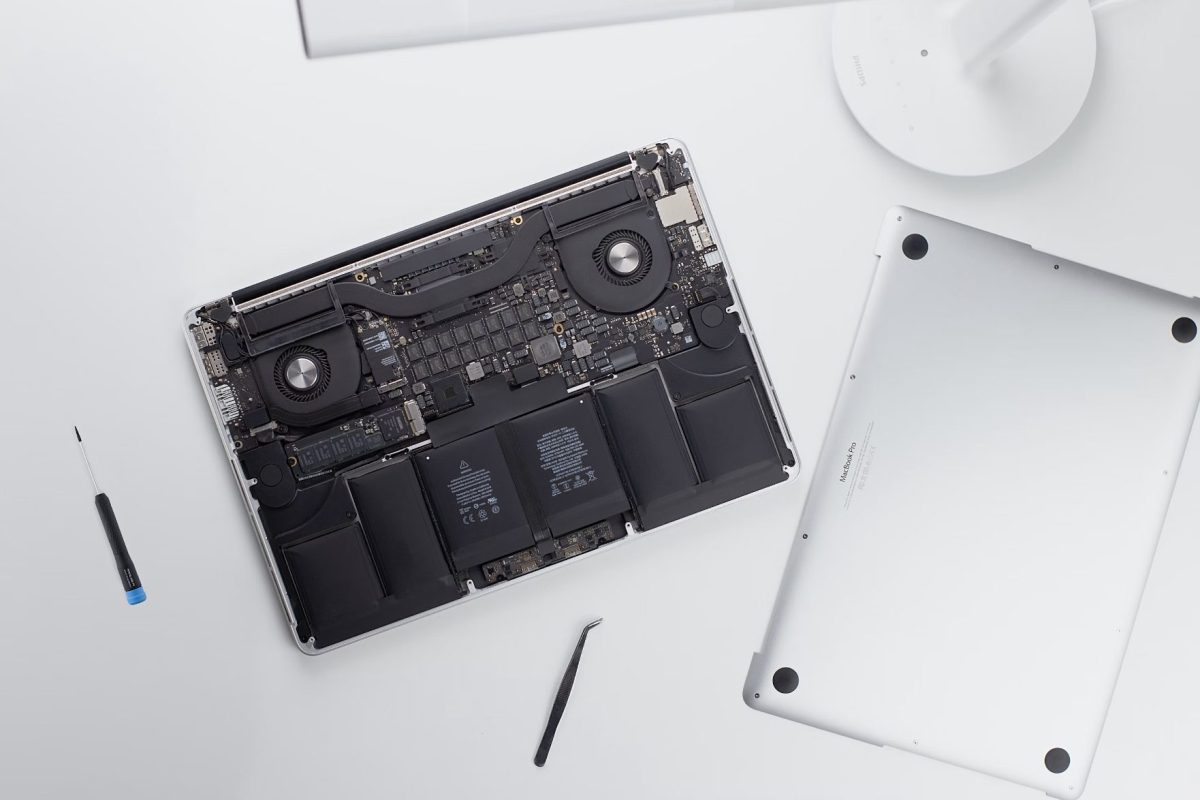INSIGHT by the EU Council

© Nikolai Chernichenko
The Council and the European Parliament reached today a provisional deal on the directive that promotes the repair of broken or defective goods, also known as the right-to-repair (or R2R) directive. The legislation agreed today will make it easier for consumers to seek repair instead of replacement by making the access to repair services easier, faster, transparent, and more attractive.
All opinions expressed are those of the author and/or quoted sources. investESG.eu is an independent and neutral platform dedicated to generating debate around ESG investing topics.
''With the agreement reached today, Europe makes a clear choice for repair instead of disposal. By Facilitating the repair of defective goods, we not only give a new life to our products, but also create good quality jobs, reduce our waste, limit our dependency on foreign raw materials and protect our environment.''
-Alexia Bertrand, Belgian State Secretary for the Budget and Consumer Protection, added to the Minister of Justice and of the North Sea
The provisional agreement applies to all products with repair requirements on EU law, sets an obligation to repair on manufacturers of goods with repair requirements, establishes a European information form providing consumers with key data on the repair service, and unifies the national repair information platforms into a European online platform. Priority: repair and reuseVery often, when the vacuum cleaner, the dish washer, a coffee machine or any other product breaks or is defective, it is easier to dispose of it and buy a new one than have it repaired, especially when the legal guarantee has expired. The directive that co-legislators have agreed today creates incentives for consumers to prolong the life of the product by having it repaired, which in turn will boost the repair sector, reduce waste and promote more sustainable business models.To achieve this, the directive proposes a new set of tools to make repair more attractive to consumers. These include:- the possibility for consumers to request manufacturers to repair products that are technically repairable under EU law (for instance, washing machines, vacuum cleaners or mobile phones)
- a European repair information form which repairers can offer to consumers, with clear information like repair conditions, time to finish the works, prices, replacement products, etc. (the directive includes a model of this form as annex 1)
- a European Online Platform for repair to facilitate the matchmaking between consumers and repairers
- an extension of 12 months of the liability period of the seller after the repair of a product
All opinions expressed are those of the author and/or quoted sources. investESG.eu is an independent and neutral platform dedicated to generating debate around ESG investing topics.

